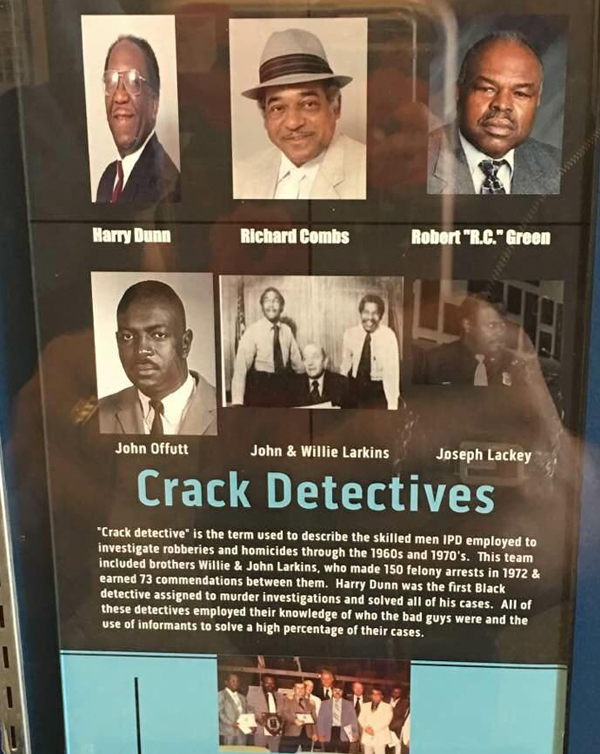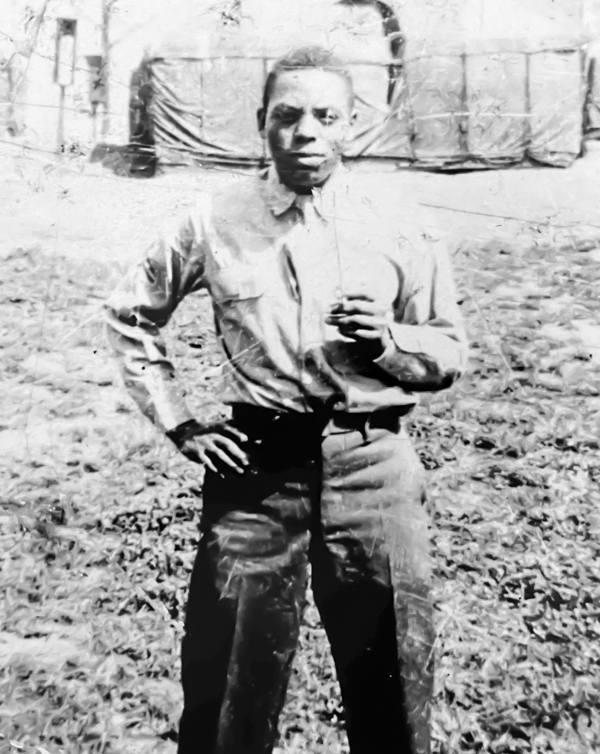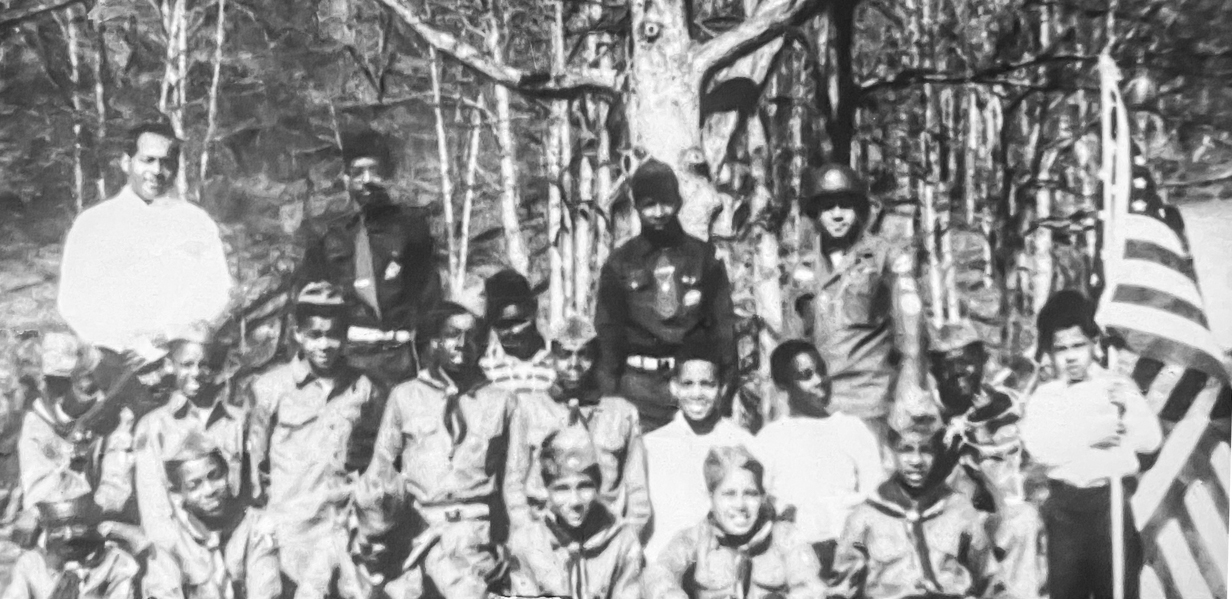A History of African-American Scouting
Boy Scouts of America Troop 92, lead by Troop Leader Billy Clyde Jones, was the first African-American Troop in Perry County, Kentucky. Initially started in Elizabeth City, North Carolina, opposition was encountered immediately, but troops continued to meet in increasing numbers. In 1916, the first official Boy Scout Council-promoted Negro Troop 75 began in Louisville, KY. By the next year, there were four official black troops in the area. By 1926, there were 248 all-black troops, with 4,923 black scouts and within ten years, there was only one Council in the entire South that refused to accept any Black troops. The photo below features BSA Troop 92 which was formed in 1959 in Perry County.
"On my honor, I will do my best to do my duty to God and my country and to obey the Scout Law; To help other people at all times; To keep myself physically strong, mentally awake, and morally straight."
-The Scout Oath
Scouting for Minorities
Scouting for minorities wasn't just confined to cities, Scouting in rural areas were also common. One of these programs was called "railroad scouting," where employees of the BSA would ride trains throughout the rural South, stopping at every town on the way to distribute information and encourage the formation of troops. This policy originated to cut down on railroad vandalism, and the BSA realized it was a great way to promote its organization. Native Americans were also a large portion of the minority Scouts, and lived in settlements in rural areas. With the help of these programs, the two Southern Regions, Region V in Memphis and Region VI in Atlanta, had growth rates of 28.2% and 47.9%, respectively. In 1937, 57.9% of black Scouts were from these two regions.
"Crack Detective"
 Memorial Collage located at the Indianapolis Police Department
Memorial Collage located at the Indianapolis Police Department
Richard Combs
A native of Hazard and a Liberty High School alumna, Richard is included in a collage honoring Black detectives who served in the Indianapolis Police Department.
- "'Crack detective' is the term used to describe the skilled men IPD employed to investigate robberies and homicides through the 1960s and 1970s. This team included brothers Willie & John Larkins, who made 150 felony arrests in 1972 & earned 73 commendations between them. Harry Dunn was the first Black detective assigned to murder investigations and solved all of his cases. All of these detectives employed their knowledge of who the bad guys were and the use of informants to solve a high percentage of their cases.”
World War II Veteran
 James Combs in uniform
James Combs in uniform
James Combs
James Combs served in WWII and later moved to Dayton where he became a teacher. He is the younger brother of John Willie Combs, Hazard, Kentucky.
As we collect content, be sure to check back often for new additions and in-depth explorations into our history.




.jpg)

